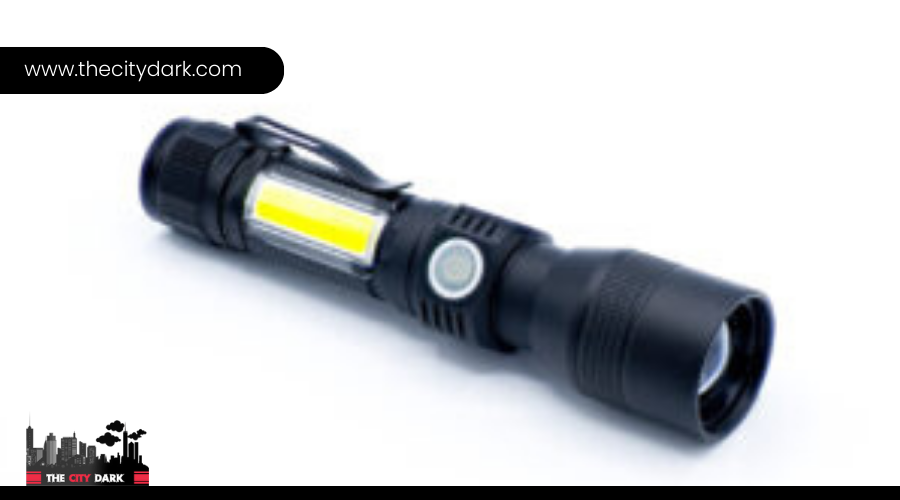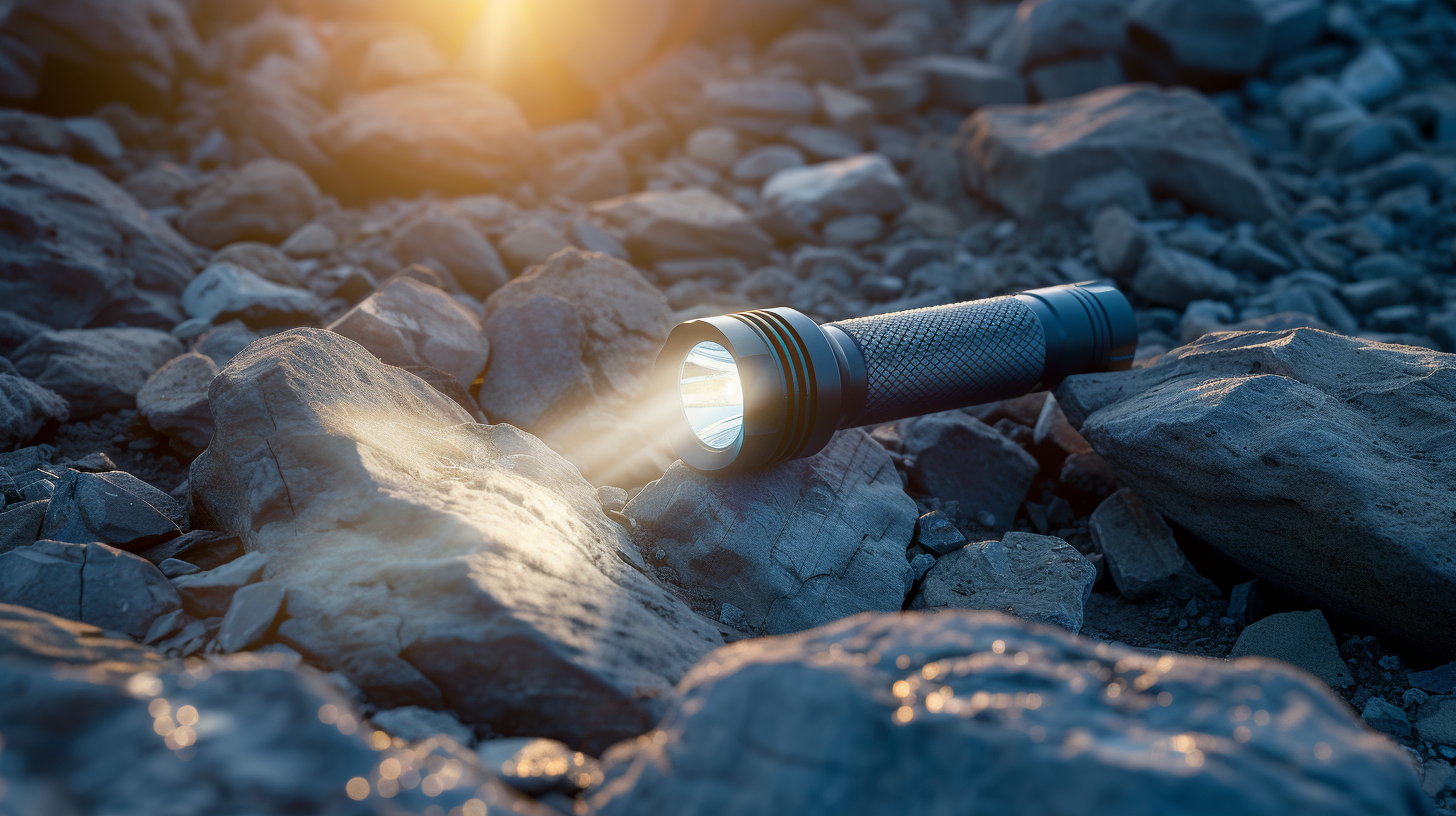Are Bright Flashlights Legal?
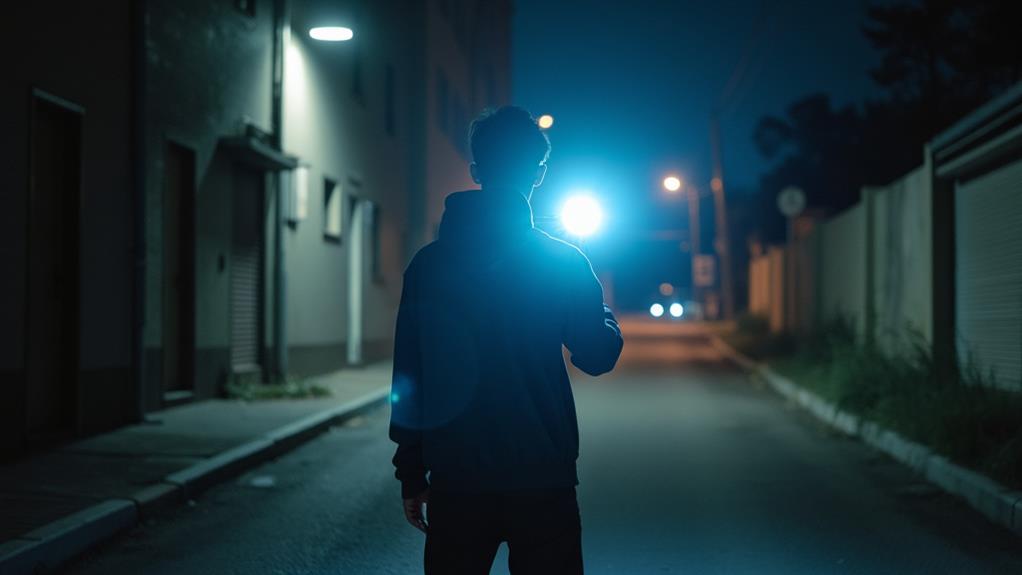
The legality of using a bright flashlight depends on your location. In many areas, high-lumen flashlights are allowed for personal use, but misuse can lead to legal issues. For instance, shining a bright light in someone's eyes could be considered assault. To avoid legal problems, it's important to understand your local laws and use your flashlight responsibly. Additionally, modifying a flashlight could also have legal implications, which warrants further investigation.
Legal Implications of Flashlight Use
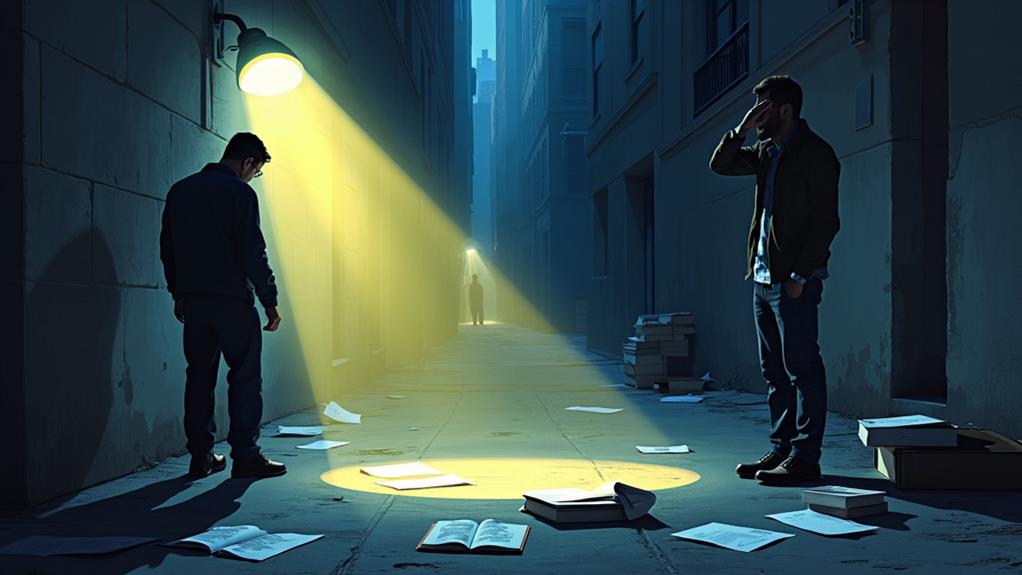
Understanding the legal implications of flashlight use is crucial. Shining a bright flashlight into someone's eyes can be classified as assault or battery, depending on your intent and the specific state laws. If you use a flashlight to intentionally cause harm or harass someone, you could face serious legal consequences. Temporary vision impairment caused by bright flashlights might give the affected person grounds for a legal complaint against you.
Legal consequences for flashlight use vary by location. Some jurisdictions have specific regulations about how and when you can use a flashlight. It's important to be aware of these local laws to avoid unintended legal trouble. For example, using a flashlight in self-defense is generally viewed differently than using it aggressively. Self-defense is typically more legally defensible, whereas aggressive use could result in charges.
State laws often dictate specific penalties for the misuse of flashlights, which can include fines or even jail time, depending on the severity of the incident. Always consider the context and local regulations when using a flashlight to ensure compliance with the law.
Jurisdictional Considerations
Navigating jurisdictional considerations is essential when determining the legality of using bright flashlights. Local ordinances, state laws, and federal regulations all play a role, and the specifics can vary widely depending on your location. For instance, in Philadelphia, PA, there might be specific restrictions on using bright lights in public spaces that could lead to legal issues.
Understanding how different states enforce laws on high-lumen tactical flashlights is crucial. Some jurisdictions may be stricter than others, impacting how you can carry and use these devices. The context of your flashlight usage is also significant—using it for self-defense might be legally different from using it aggressively.
To navigate these complexities, you should:
- Consult Local Laws: Always check local ordinances and state laws to understand specific restrictions and requirements.
- Understand Contexts: Recognize that legality can change based on whether you're using the flashlight for self-defense, signaling, or general illumination.
- Stay Updated: Laws can change, so staying informed about current regulations in your area is vital.
Flashlight Modifications and Laws
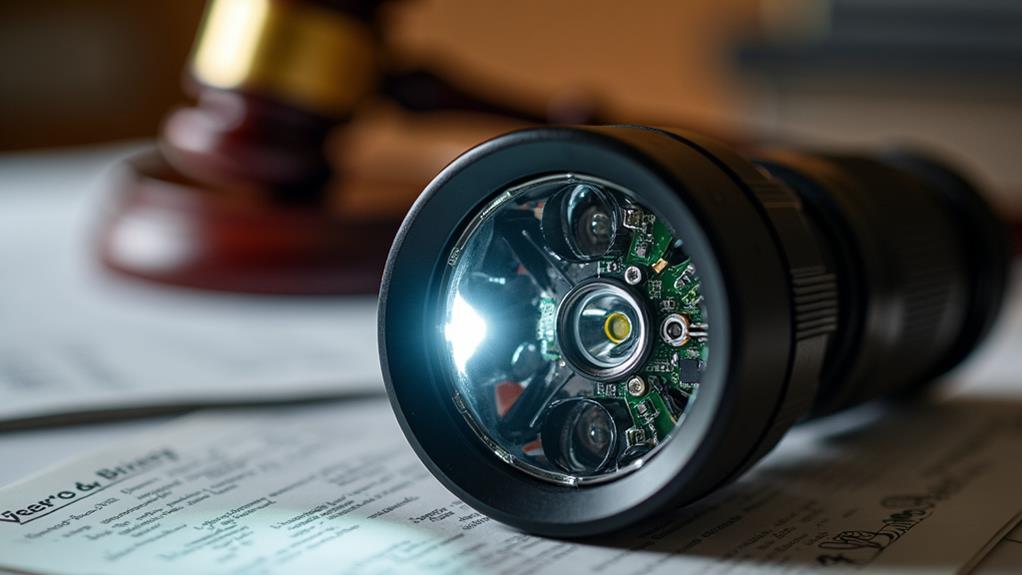
Why would anyone want to modify a flashlight? Often, it's to boost brightness or incorporate features like strobe functions. However, modifying flashlights, especially with red and blue lights, requires caution. These colors are typically associated with law enforcement, and improper use can lead to serious legal consequences.
State laws regarding the use of colored lights by civilians vary significantly. In some jurisdictions, using red and blue lights can be seen as impersonating a law enforcement officer, a grave offense with penalties ranging from substantial fines to criminal charges. Therefore, understanding local regulations before making any modifications is crucial.
The legality of flashlight modifications largely hinges on your location and the intended use. Using a modified flashlight in public spaces necessitates extra caution to prevent any misunderstandings that could attract legal scrutiny.
Given these complexities, consulting legal experts if you're uncertain about specific modifications is advisable. Always research and comply with local laws to ensure you don't inadvertently violate any regulations.
Risks and Consequences
Owning a bright flashlight can be incredibly useful, but using one carelessly can lead to significant risks and consequences. Shining high-lumen flashlights (1000+ lumens) at people or vehicles can cause temporary blindness, increasing the risk of accidents and potential legal repercussions. Misusing such a device might attract police attention, leading to misunderstandings or questions about your intent.
Your actions can also impact your neighbors. Bright lights can provoke concern from bystanders, possibly resulting in complaints to law enforcement about perceived threats or disturbances. This isn't just about being a good neighbor; it's about avoiding legal consequences. Depending on local laws and the context, you could face assault charges if your use of a bright flashlight is deemed threatening or aggressive.
Using common sense and responsible behavior when operating high-intensity flashlights is essential. Excessive or careless use can lead to accidents and legal troubles, impacting both your safety and community relations.
Expert Opinions and Legal Advice
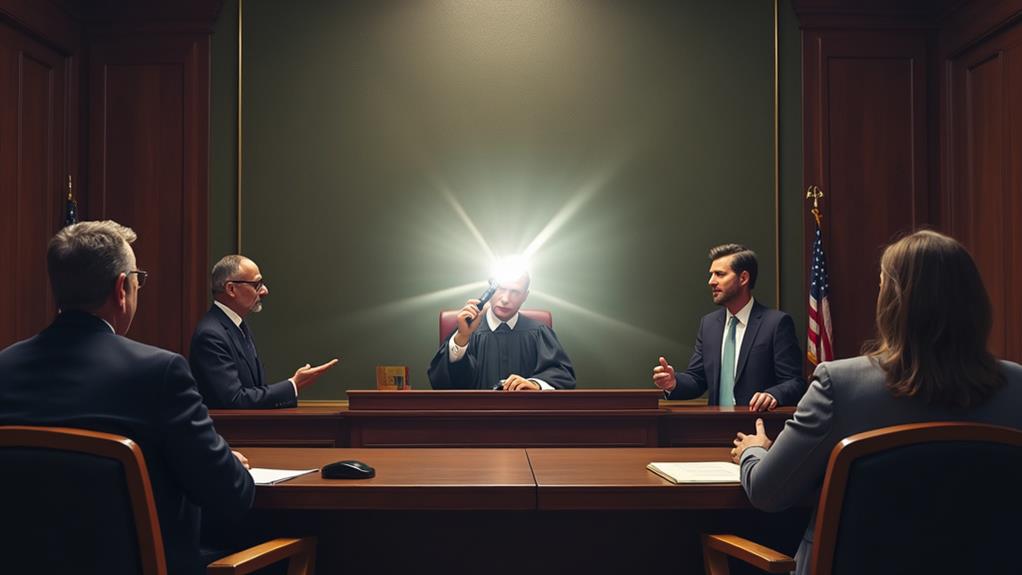
Navigating the legal landscape of bright flashlight use can be intricate, making expert opinions crucial. Legal experts emphasize the importance of understanding local laws, as regulations can differ widely across jurisdictions. Consulting a lawyer can clarify the legal implications of using high-lumen flashlights, particularly in situations that might be perceived as threatening. For instance, if you are a security personnel, knowing the legal boundaries can prevent unintended legal issues.
The intent behind using a bright flashlight is significant. Temporarily impairing someone's vision by shining a light into their eyes could lead to legal complaints. This highlights the necessity for responsible usage. Always be aware of your surroundings and the context in which you use such flashlights.
Staying informed about potential changes in local laws or regulations is essential. Modifications or specialized features on flashlights can also impact their legality. Regularly checking for updates ensures compliance with any new rules that could affect your flashlight use. By staying educated and consulting legal professionals, you can navigate these complexities more effectively.


